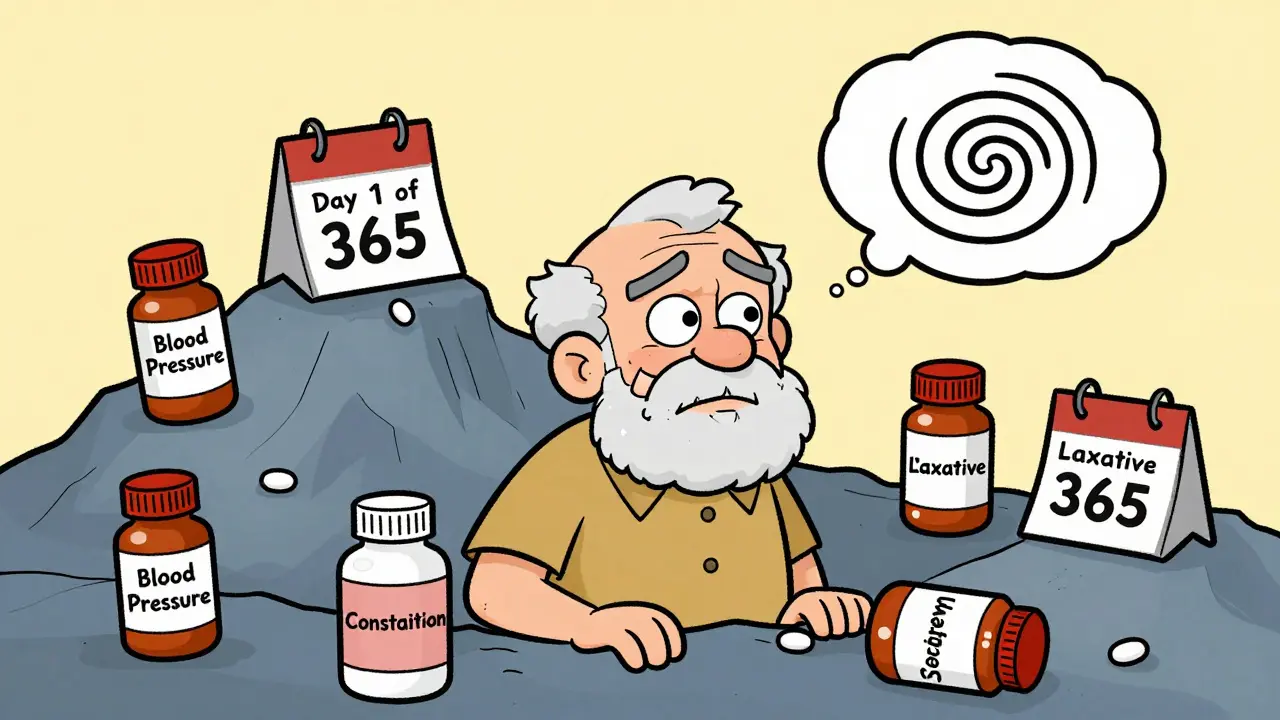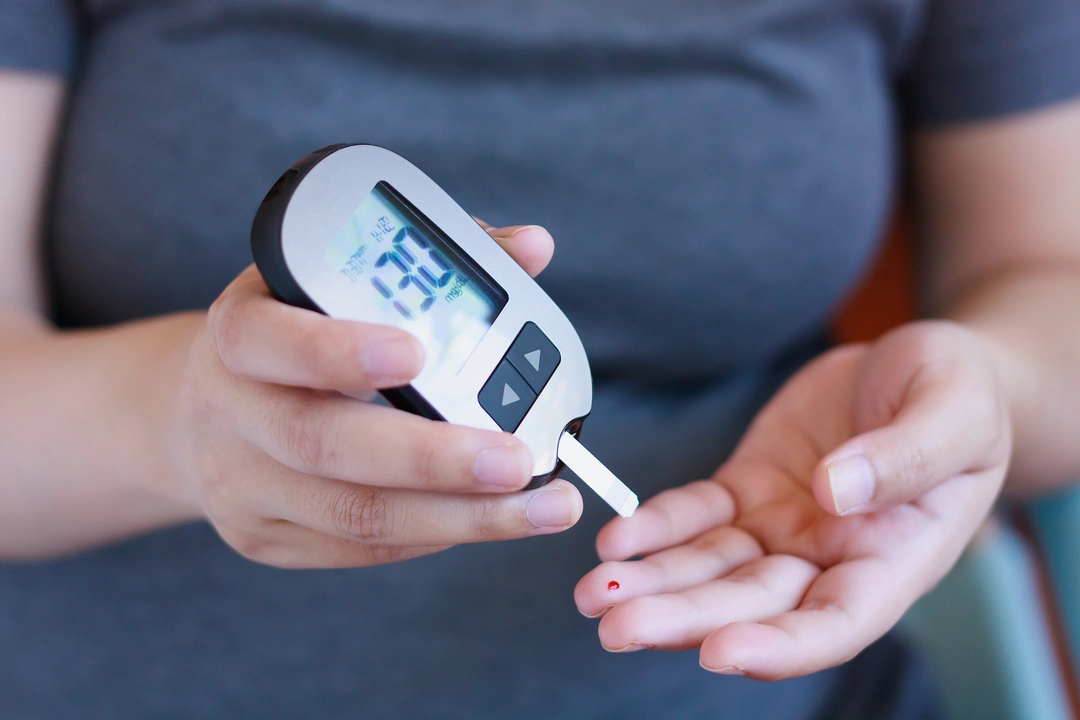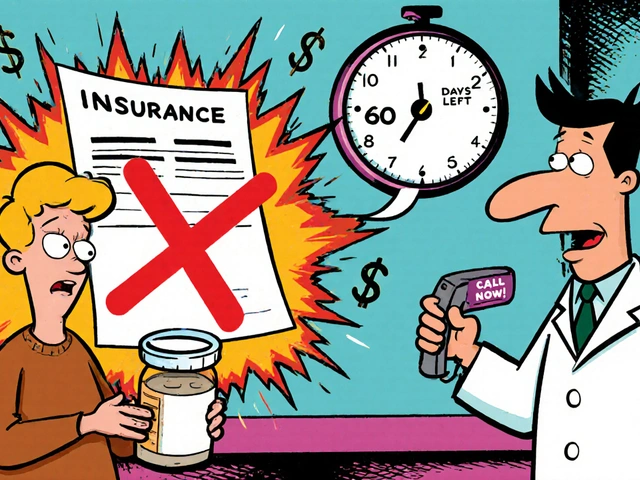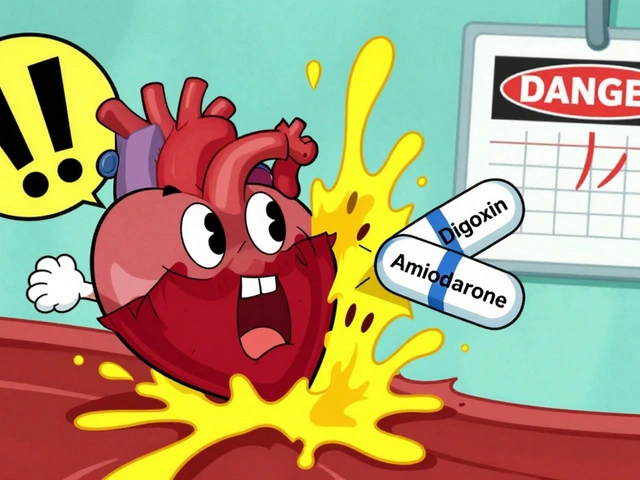Side Effects – What They Mean & How to Handle Them
If you’ve ever taken a pill and felt odd afterward, you’ve experienced a side effect. It’s the body’s reaction to a drug that isn’t part of the intended benefit. Knowing what side effects look like helps you stay safe and avoid panic when something feels off.
What Are Side Effects?
A side effect is any unwanted change in how you feel after taking medication, supplement, or even an over‑the‑counter product. They can be mild—like a dry mouth—or serious, like difficulty breathing. Not all side effects happen to everyone; genetics, age, other medicines, and health conditions all play a role.
Most drug labels list the most common reactions first. For example, antihistamines often cause drowsiness, while antibiotics can upset your stomach. These lists are based on large studies, so they give you a good idea of what to expect before you start a new treatment.
How to Spot and Manage Them
The first step is paying attention. Keep a simple notebook or use a notes app to jot down any new symptoms, when they started, and how long they last. A pattern will emerge—maybe headaches appear after you take ibuprofen in the evening.
If a reaction feels mild, try an easy fix: drink more water, eat with food, or switch the time of day you take the drug. Many side effects disappear once your body adjusts.
When symptoms are moderate—like persistent nausea or a rash that spreads—you should call your pharmacy or doctor. They might lower the dose, suggest an alternative, or add another medication to counteract the effect.
Serious reactions need immediate help. Trouble breathing, swelling of the face or throat, severe dizziness, or sudden chest pain are red flags. Call emergency services right away; these can be life‑threatening allergies called anaphylaxis.
Beyond medical advice, there are everyday habits that reduce risk. Take medicines with food when advised, avoid alcohol if it interacts, and never mix drugs without checking a reliable source or your pharmacist.
Lastly, share what you learn with others. If a side effect surprises you, posting a quick note on a health forum can help someone else recognize the same pattern. Knowledge spreads faster than a prescription label.
Understanding side effects isn’t about fearing medication; it’s about using information to stay in control of your health. Keep track, ask questions, and act fast when needed—you’ll get the benefits of treatment without unwanted surprises.






